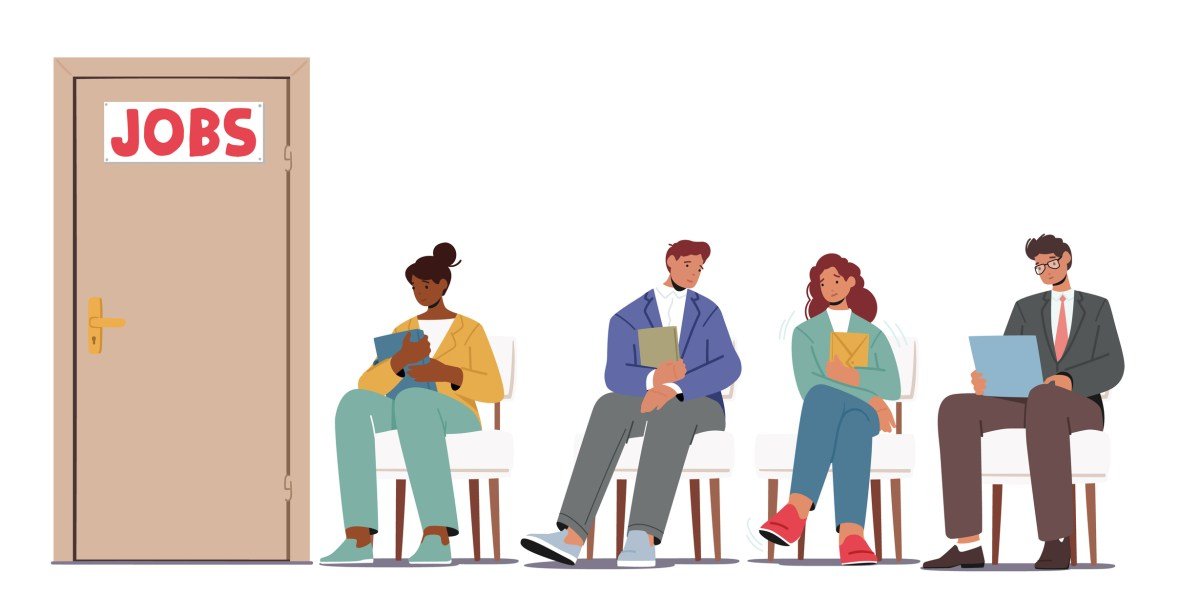Companies often rely on their own employees to refer potential candidates for open roles, assuming that they have a strong understanding of company culture and job requirements. However, Draftboard, founded by Zach Roseman, is challenging this norm by opening up referral bonuses to external parties.
“The thought behind Draftboard was, why not leverage existing referral bonus programs and the power of a networked world to identify the best candidates?” Roseman said.
Roseman, a former CEO of mobile app dev group Mosaic and senior director of strategy and mergers and acquisitions at IAC, recognized the challenges companies face in sifting through thousands of resumes per role or relying on expensive AI screening solutions. With Draftboard, companies can post referral bonuses and have referrers, known as “scouts”, compete to earn them by utilizing their own networks to find top talent.
“You get a much smaller, but much higher-quality, funnel of applicants — allowing you to hire faster,” Roseman explained.
So how does Draftboard actually work?
- Companies can post referral bonuses on the platform for specific roles.
- Referrers, who can range from everyday employees to recruiters and tech community leaders, are notified as referrals progress through the recruiting process.
- Referrals are graded on quality, and Draftboard receives a 20% cut of each referral bonus.
But how does Draftboard ensure the quality of referrers? According to Roseman, there are no specific requirements to become a referrer. Instead, the system is designed to be data-driven and self-modulating.
“We let the referrers moderate their own behavior in a bottoms-up way all by themselves,” Roseman stated. “Companies can set minimum scores for referrers, so if their score falls below the minimum, they are no longer allowed to send referrals.”
While this may seem like a risk for companies, Roseman argues that it actually democratizes the process and promotes meritocracy.
“We think referrals can and should be open to everyone, not just company employees — as long as you can control for quality, which we do via our reputation score system,” he added.
And it seems to be working. Companies like SeatGeek, Via, and Formlabs have already signed on to use Draftboard, and the platform has raised $4.1 million in funding from investors.
“We don’t operate like traditional job boards that connect job seekers and companies, which can lead to some biases,” Roseman explained. “Instead, we focus on connecting referrers with companies and let the referrers bring in the talent, whether they are actively job searching or open to new opportunities passively.”
Draftboard, based in New York and with a team of ten employees, plans to use its early funding to continue growing its network of referrers and companies. With its unique approach to recruitment, Draftboard offers a fresh perspective on the traditional job search process.








